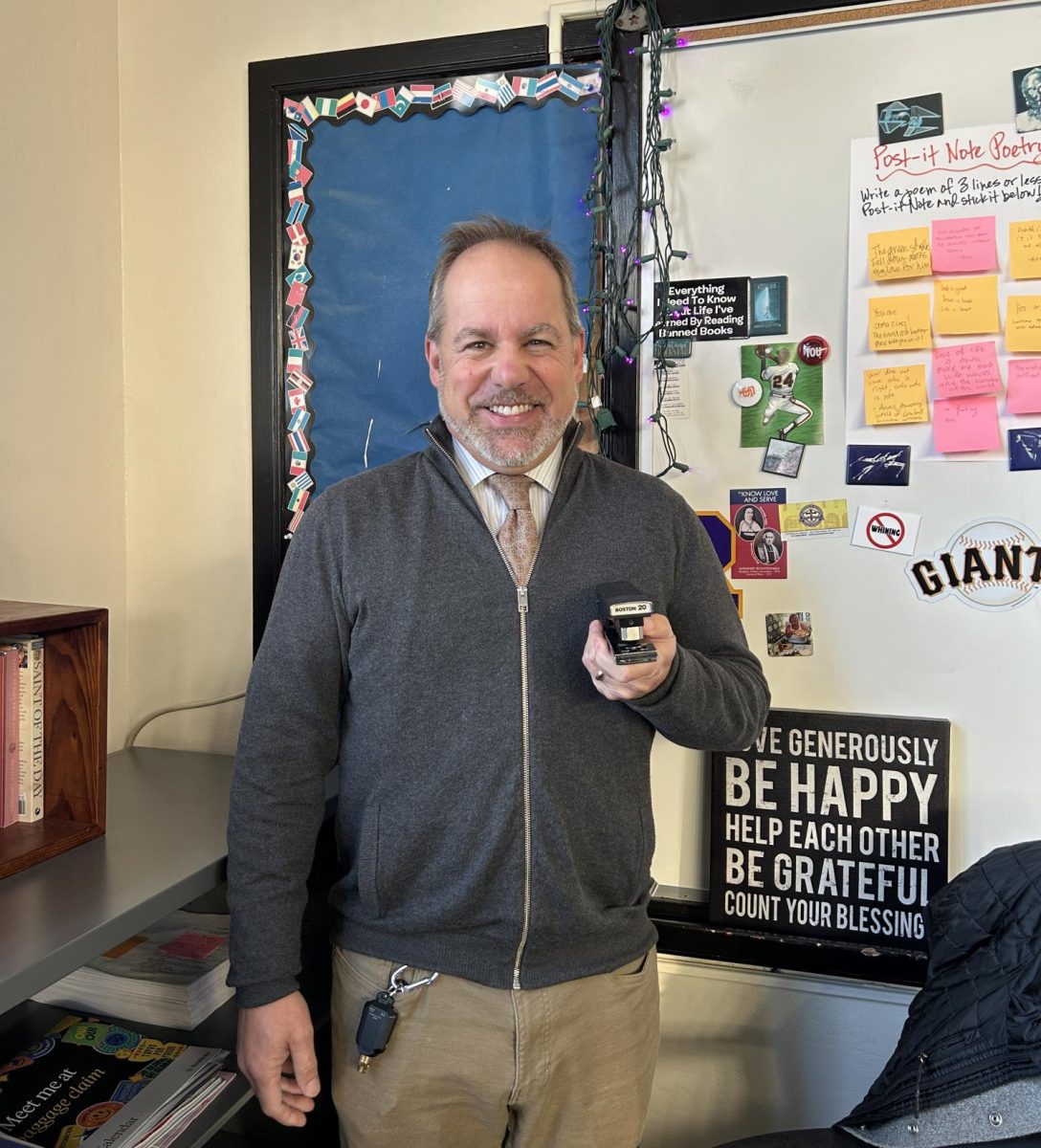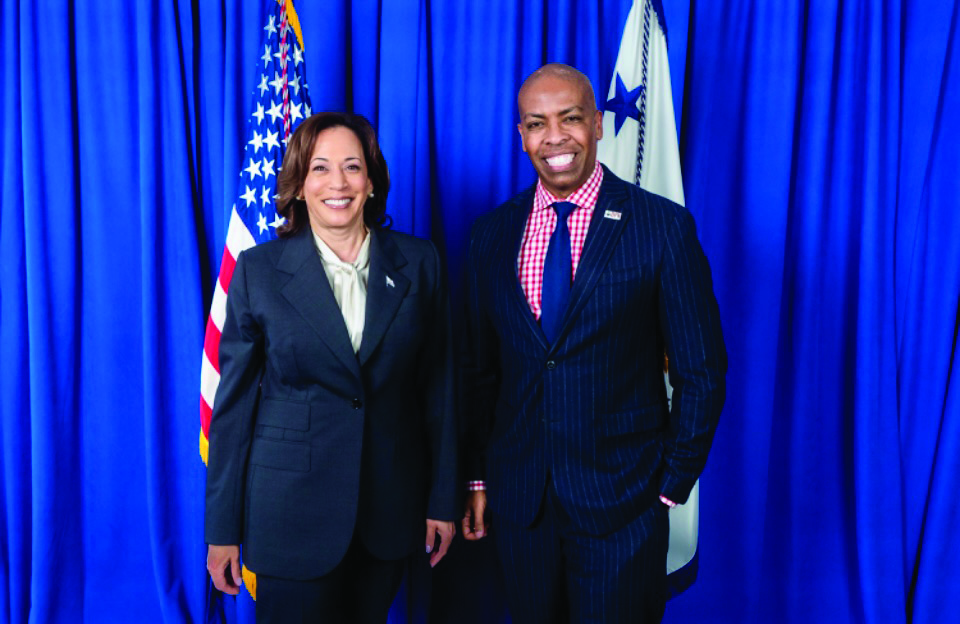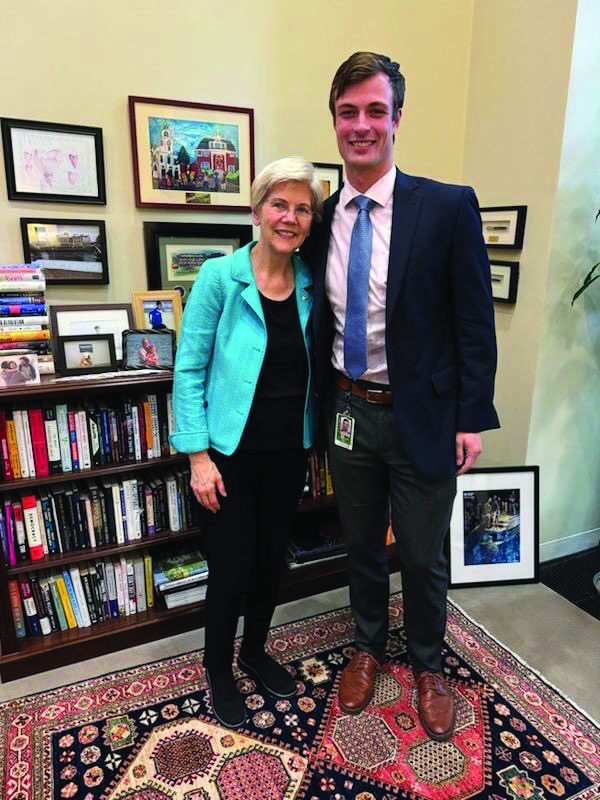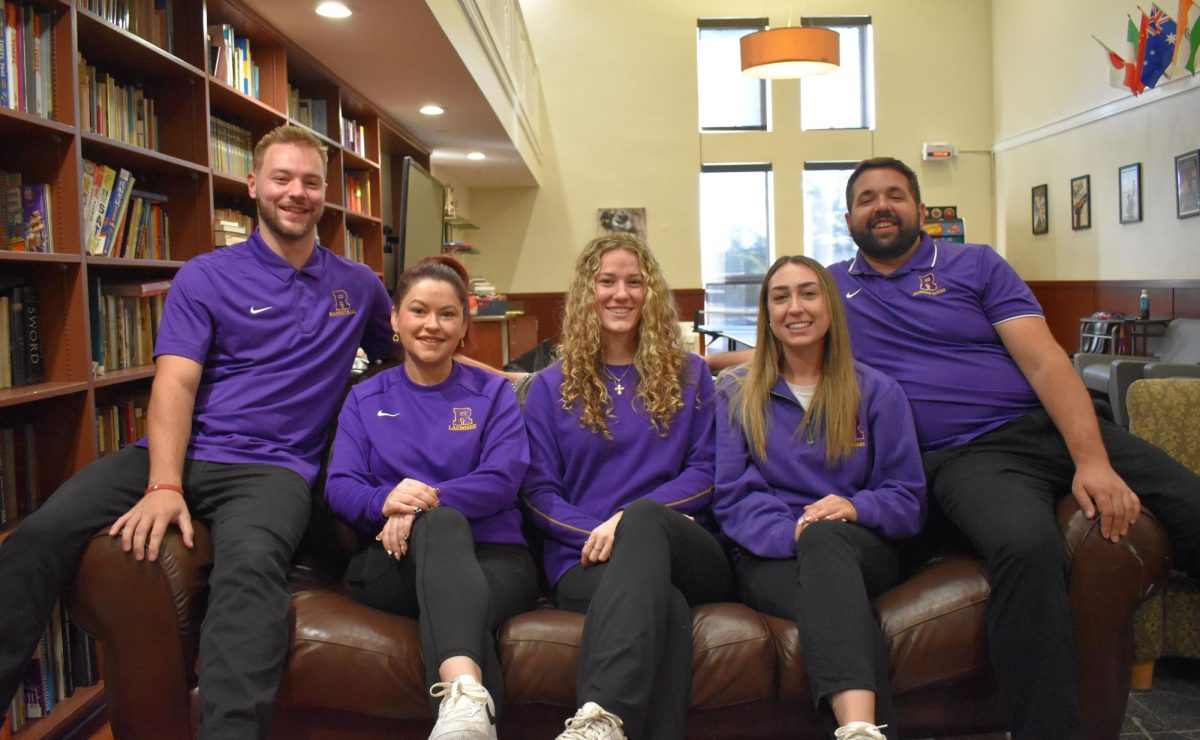This year marks the 50th year anniversary of the kidnapping of Patty Hearst, who after being brainwashed and tortured, became a phenomenon for psychologists and people working in the justice system alike.
Hearst, an heiress to her father Randolph Hearst’s fortune, was kidnapped by the SLA on Feb. 4, 1974. The otherwise known as (Symbionese Liberation Army) was a cult, supporting polygamy, and with the goal to take down all institutions including capitalism, possessiveness etc.
Hearst, when kidnapped, was brainwashed, raped, and isolated to only see the goals and the aspirations of the S.L.A. After being released, Hearst stayed and joined the cult’s cause. Changing her name to Tania Patty, she then robbed a bank, holding civilians at gunpoint, and shooting at people and cops.
Hearst’s story is now being studied all over, including at Archbishop Riordan High School. Jackie Grealish, a psychology teacher at Riordan, who also lived near the bank that was robbed by Hearst, has started to teach the story to her students.
Grealish has taught the story of Patty Hearst for years and her reason is, “…It has a lot of relevance to the city, and connects to many psychological topics.”
The biggest question that was presented to the jury was whether or not Hearst was liable for her crimes. After all, her brainwashing was very intense, the jury ended up finding her guilty, giving her 7 years in prison, which was later commuted by President Carter, and later pardoned by President Clinton in 2001.
Many people question the verdict of the case to this day, whether it was correct, or if more or less should have been added or taken away.
Michelle Chavaro ’24, a student who studied Patty Hearst in Grealish’s class, said the sentencing was just. “I think it could even be more…she did rob a bank, and she did shoot at somebody.”
This is a justifiable argument considering if not brainwashed, Hearst’s crimes would have received many more years.
Some disagree, however.
Ken Harrington, a teacher at Archbishop Riordan was 13 at the time of Hearst’s kidnapping, and said, “An important takeaway… is the need for a variety of punishment when kidnapping is involved.”
In Harrington’s eyes, “I believe she should have gotten no sentence at all.”
Whether or not the sentencing was just or unjust, there are many lessons people can learn from Hearst and her story, specifically a lesson about trauma. Both Grealish and Harrington agree that trauma, and coping with trauma was the largest influence behind her crime.
As Chavaro said, “This could happen to literally anybody.”







